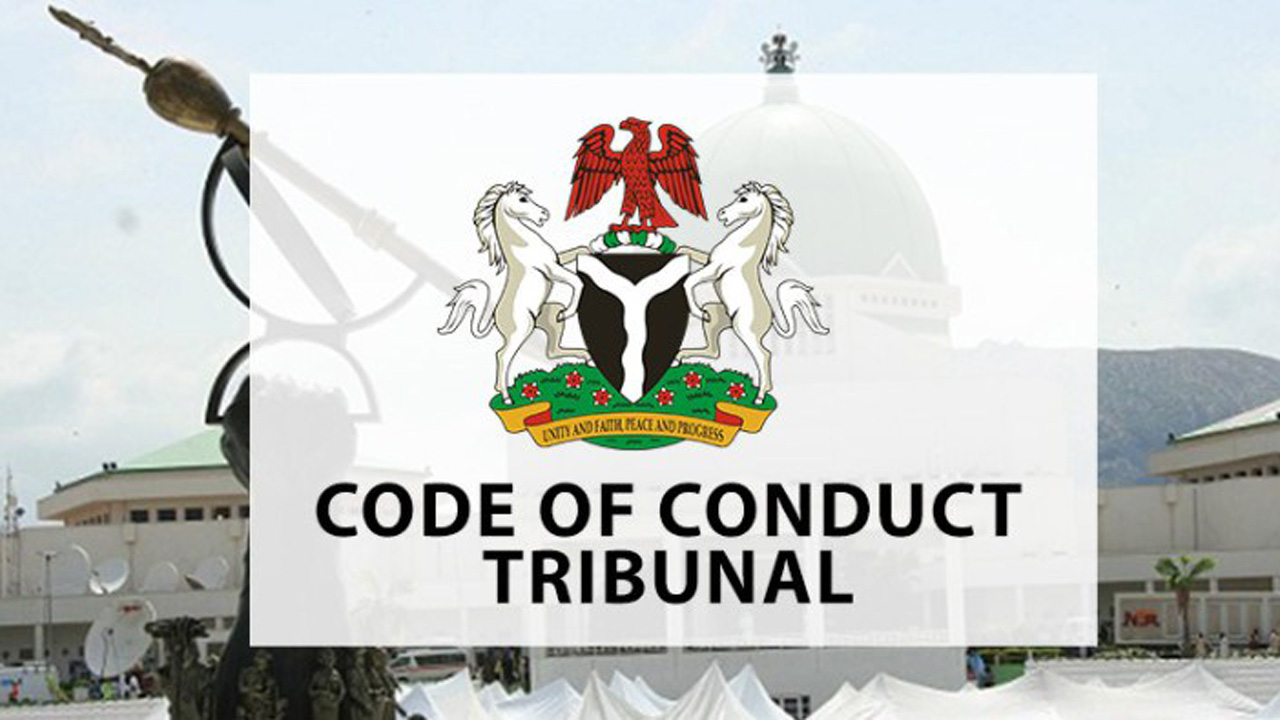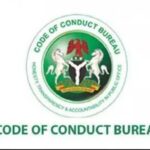While the constitution mandates public office holders to declare their assets, the Code of Conduct Bureau does not make the declared assets a public property. In order to promote transparency and accountability, the declared assets of a public office holder is supposed to be in the public domain. Anything short of this leaves a deficiency in the legal mandate of the Code of Conduct Bureau. According to Section 3 of the Code of Conduct Bureau and Tribunal Act, it is the function of the Code of Conduct Bureau to “receive complaints about non‐compliance with or breach of this Act and where the Bureau considers it necessary to do so, refer such complaints to the Code of Conduct Tribunal established by section 20 of this Act in accordance with the provisions of sections 20 to 25 of this Act”. The above provision of the law expects that the Code of Conduct Bureau will receive complaints from the public. This then raises a very important question: How can the public send their complaints to the Code of Conduct Bureau if the public do not have access to the asset declarations of public officials? It is not possible to complain about something which you are ignorant of its existence. In order to fulfill the law, the Code of Conduct Bureau should prioritise access to declared assets.
The refusal is hinged on the argument that the law makes provision for the protection of the privacies of these individuals and that the National Assembly is yet to make a law on the modalities for making declared assets to be public property. If the Code of Conduct Bureau is willing to promote access to asset declarations of key public officials, there are numerous laws backing it up. Section 1(1) of the Freedom of Information Act of 2011 establishes the right of any person to access or request for information in the custody or possession of any public official, agency or institution howsoever described. Section 104 of the Evidence Act of 2011 provides that every public officer having the custody of a public document which any person has a right to inspect shall give that person on demand a copy of the document.
Advocates for public access of asset declarations believe that the Code of Conduct Bureau should promote access to declared assets through a website or electronic portal where the relevant information will be made available to all without necessarily applying to the Code of Conduct Bureau. However, the right of the public to information will be balanced with the right of the public official to his/her privacy.
Decisions on access to asset declaration information should be taken at the senior management level of the Code of Conduct Bureau.
The Code of Conduct Bureau should send to the National Assembly a Bill for an Act on access to asset declarations. The Bill should promote access to assets declaration, protect the privacy of the declarants and address other relevant issues. The Bill should mandate the Code of Conduct Bureau to publish asset declarations of public officials on a website or electronic portal and establish that no civil or criminal proceedings shall lie against any public officer for publishing the asset declarations of public officials, and no civil or criminal proceedings shall lie against any individual for using the information in the asset declaration of any public official.
Martins Eke, Programme Manager at the Centre for Social Justice.

 Join Daily Trust WhatsApp Community For Quick Access To News and Happenings Around You.
Join Daily Trust WhatsApp Community For Quick Access To News and Happenings Around You.

